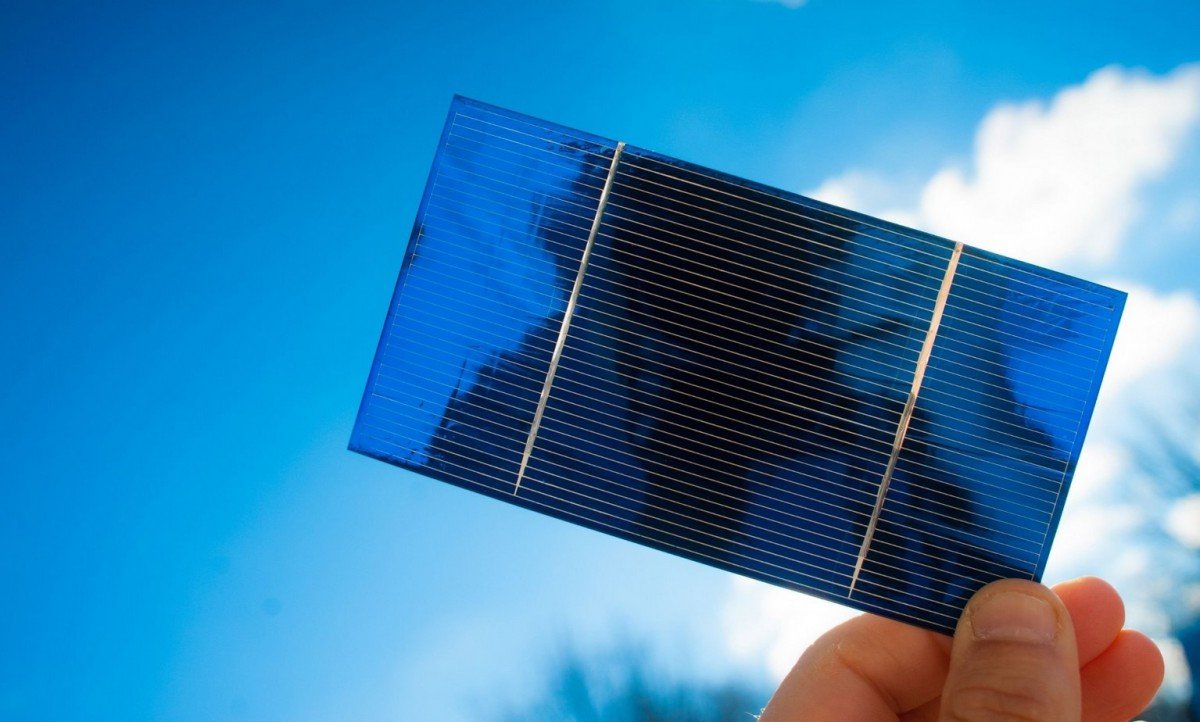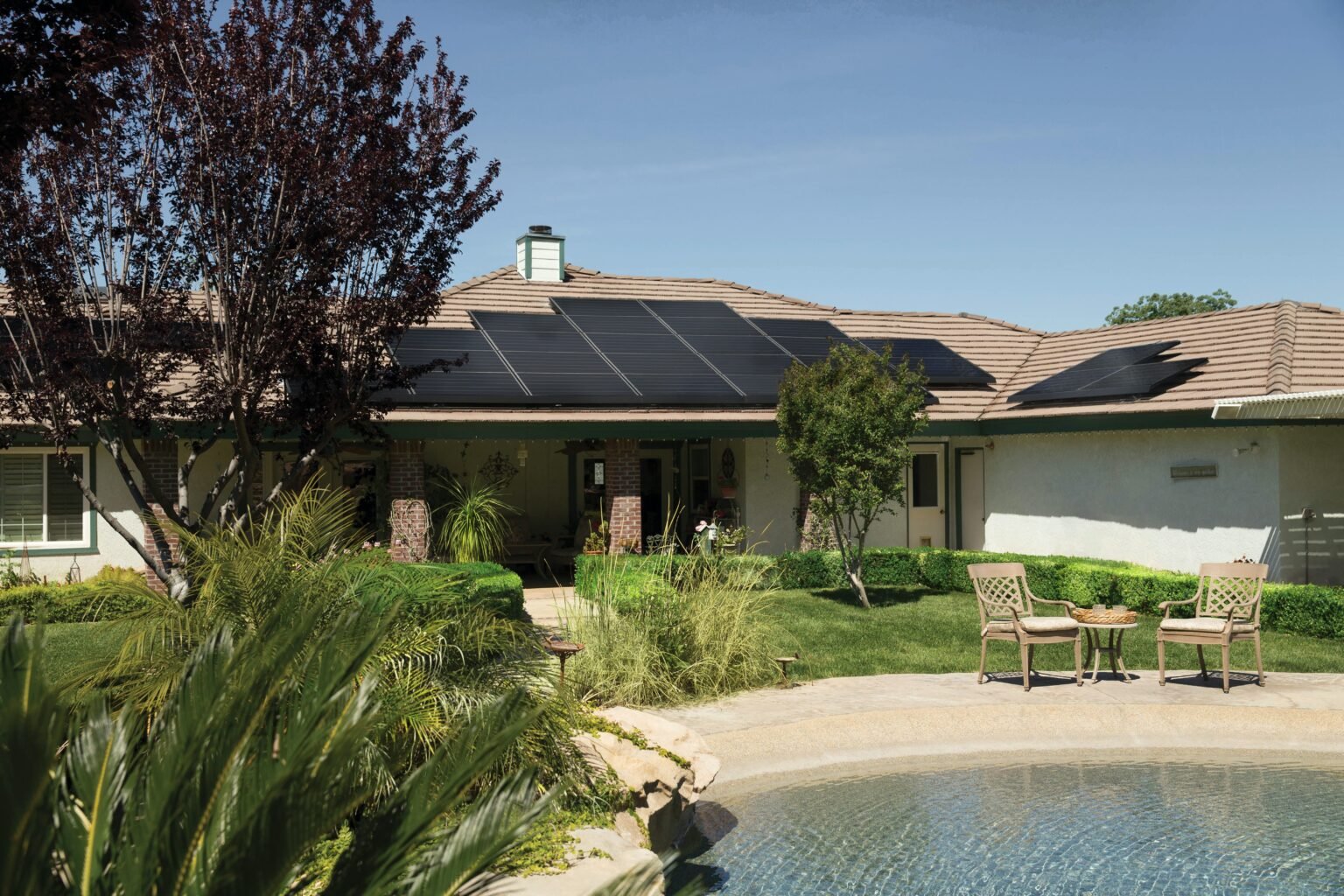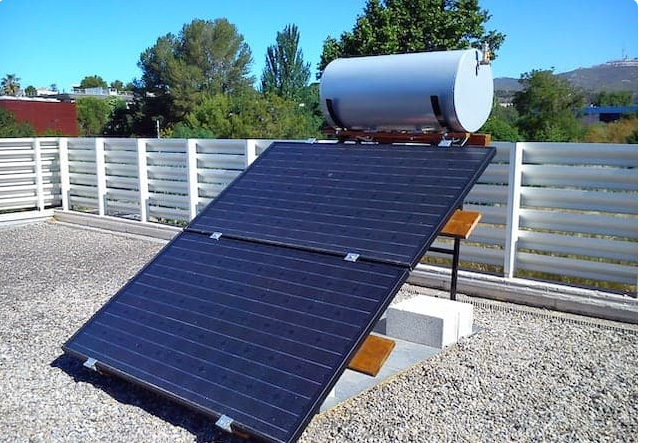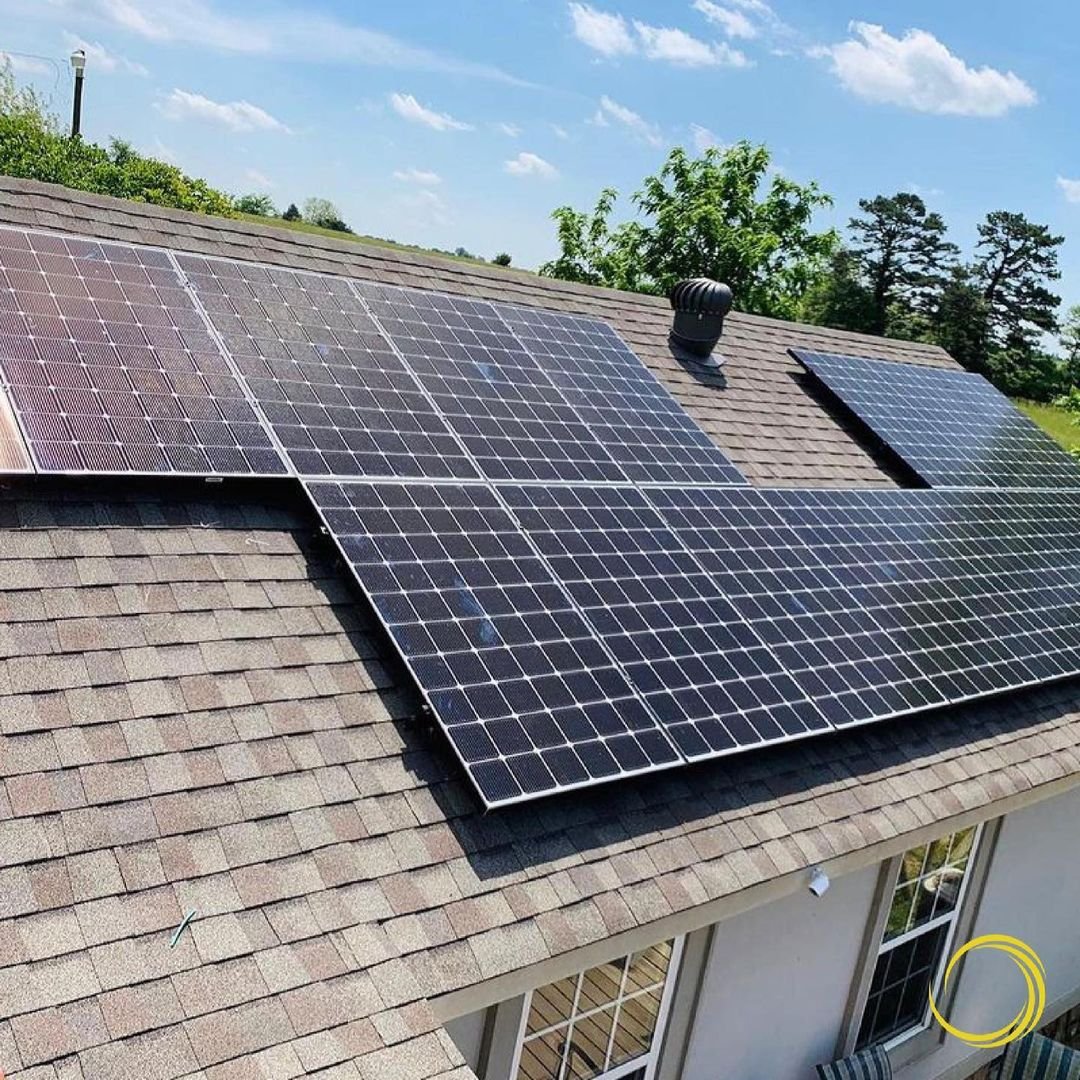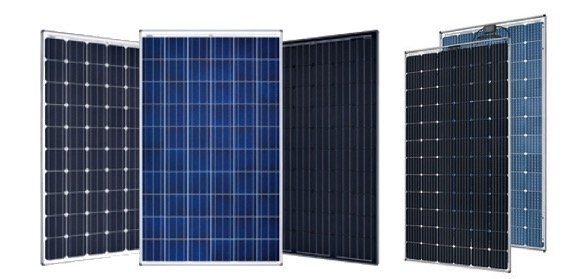
What are the advantages of black solar panels?
Harnessing the Power of the Dark Side: Exploring the Advantages of Black Solar Panels
As renewable energy continues to gain momentum as a crucial component of sustainable development, solar power has emerged as a leading contender. Solar panels, the building blocks of solar energy systems, are constantly evolving to enhance their efficiency, aesthetics, and integration into various settings. Among the recent advancements in solar panel design, black solar panels have garnered significant attention. In this article, we will delve into the advantages of black solar panels and explore how they are transforming the solar energy landscape.
THE DIFFERENCE BETWEEN BLUE AND BLACK SOLAR PANELS.
Enhanced Aesthetics and Integration
Black solar panels, also known as all-black solar panels, are designed with a sleek and uniform black appearance. Unlike traditional blue panels, which feature a bluish hue due to the use of silicon cells, black panels blend seamlessly with different architectural styles, making them an appealing choice for residential and commercial installations. The dark color allows them to integrate harmoniously into rooftops, facades, and other structures without disrupting the overall aesthetic appeal.
Improved Performance and Efficiency
- Heat Absorption and Temperature Tolerance: Black solar panels are designed to absorb more heat from sunlight compared to their traditional counterparts. This enhanced heat absorption enables them to reach higher operating temperatures, which can be advantageous in certain climatic conditions. Black panels also demonstrate better tolerance to temperature fluctuations, ensuring consistent performance even in extreme weather conditions.
- Higher Energy Production: The dark surface of black solar panels facilitates increased photon absorption, resulting in higher energy production. The all-black design minimizes light reflection and scattering, allowing the panels to capture a greater amount of sunlight. Consequently, black solar panels can generate more electricity per unit area, maximizing the system’s overall efficiency.
- Reduced Glare and Reflection: Traditional blue solar panels often produce glare and reflections due to their shiny surfaces. In contrast, black solar panels have a matte finish that reduces glare, making them more visually appealing and safer for installations near roads, water bodies, or areas with high foot traffic. This advantage makes black panels an excellent choice for applications where minimizing visual disturbances is crucial.
Conclusion:
Black solar panels offer numerous advantages, ranging from improved aesthetics and integration to enhanced performance and efficiency. Their ability to blend seamlessly with different architectural styles, along with their higher energy production and reduced glare, positions them as a desirable option for residential, commercial, and industrial solar installations. As solar energy continues to expand its footprint globally, black solar panels are paving the way for a more visually appealing and efficient solar-powered future.


